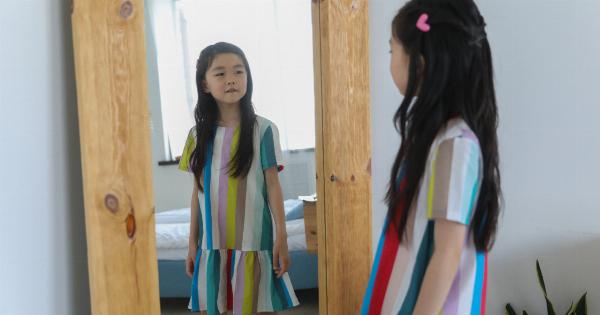Growing up in a home with domestic violence can have significant effects on a child’s life. Witnessing and experiencing domestic violence can cause emotional distress, psychological problems, and behavioral issues in children.
It is essential to understand the impact of domestic violence on children and how it can affect them in their future life.
What is Domestic Violence?
Domestic violence is a pattern of behavior that includes physical, sexual, emotional, and verbal abuse by one person against another in a domestic setting, such as marriage, cohabitation, or family.
It can include any abusive behavior that is meant to control or intimidate the partner.
Types of Domestic Violence
Domestic violence can take various forms, including:.
- Physical abuse – hitting, kicking, choking, or slapping
- Sexual abuse – forcing the partner to have sex or engage in sexual activities
- Emotional abuse – humiliating, isolating, or threatening
- Verbal abuse – name-calling, criticizing, or insulting
- Financial abuse – controlling the partner’s finances or preventing them from having access to money
Impact of Domestic Violence on Children
Children who grow up in homes with domestic violence can experience various emotional and psychological problems. They can have anxiety, depression, sleep disorders, and behavioral issues.
They can also have problems with trust, anger, self-esteem, and social skills.
Long-Term Effects of Domestic Violence on Children
The effects of domestic violence on children can last into adulthood. They can have difficulty forming relationships, trust issues, and problems dealing with conflict.
They can suffer from PTSD (post-traumatic stress disorder), addiction, and mental health issues. They can also become violent themselves or become the victim of domestic violence in their future relationships.
Coping Strategies for Children
Children who grow up in homes with domestic violence can benefit from appropriate interventions and support. They can find help through counseling, support groups, and other resources.
They can also learn coping strategies to deal with the trauma, such as relaxation techniques, mindfulness exercises, and expressive therapy.
Intervention and Prevention Strategies
It is crucial to intervene and prevent domestic violence to protect children and break the cycle of violence. Various interventions can help individuals in abusive relationships, such as counseling, legal protection, and shelters.
Prevention strategies include education and awareness campaigns, public policies, and social norms that promote healthy relationships and prevent violence.
Conclusion
Growing up in a home with domestic violence can have severe consequences for a child’s life. It is essential to understand the impact of domestic violence on children and provide appropriate interventions and support.
It is also necessary to intervene and prevent domestic violence to protect children and promote healthy relationships.





























